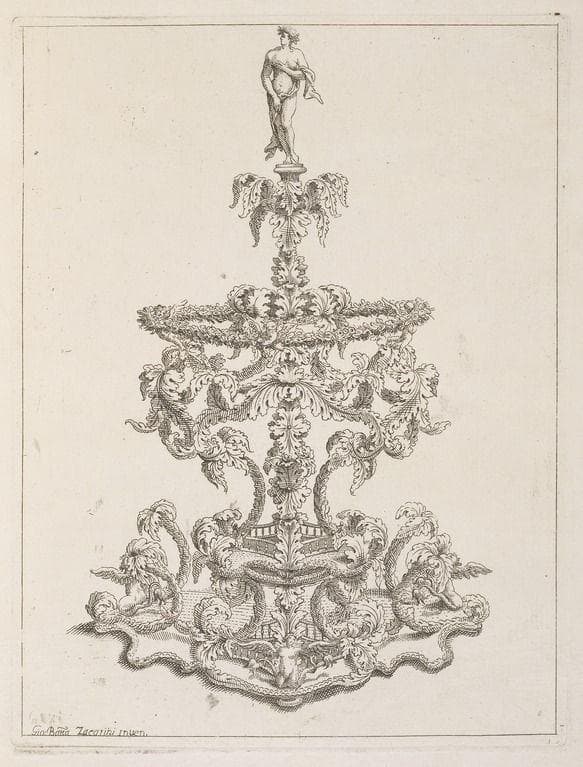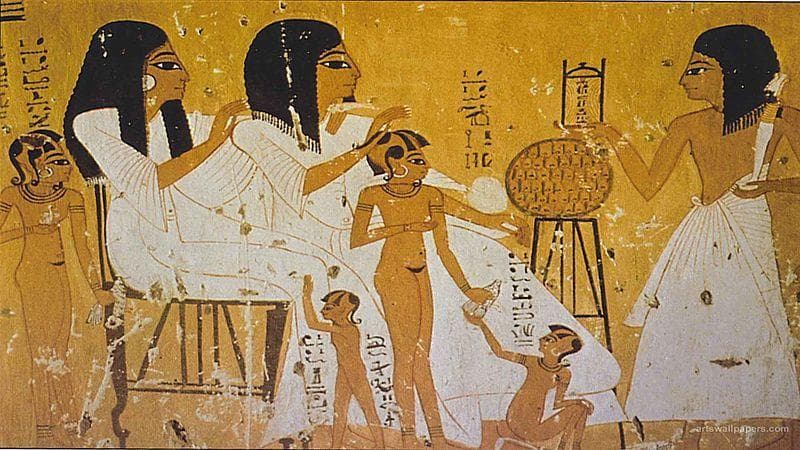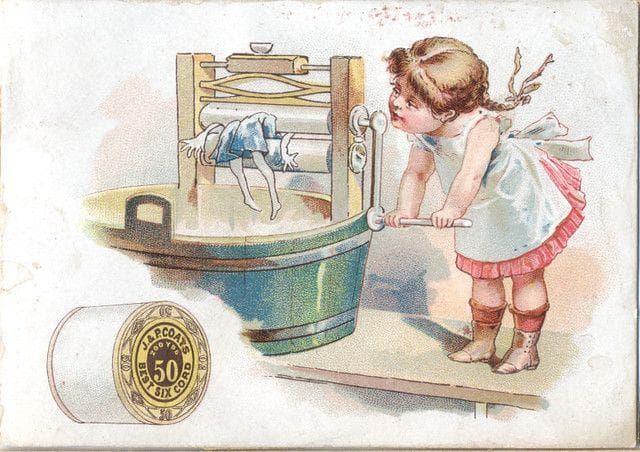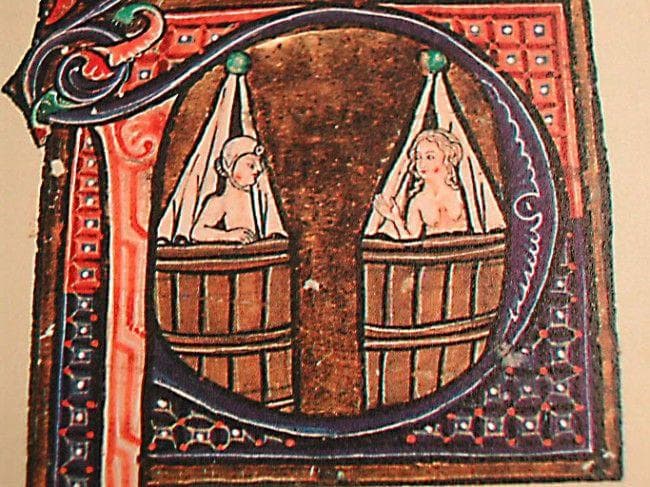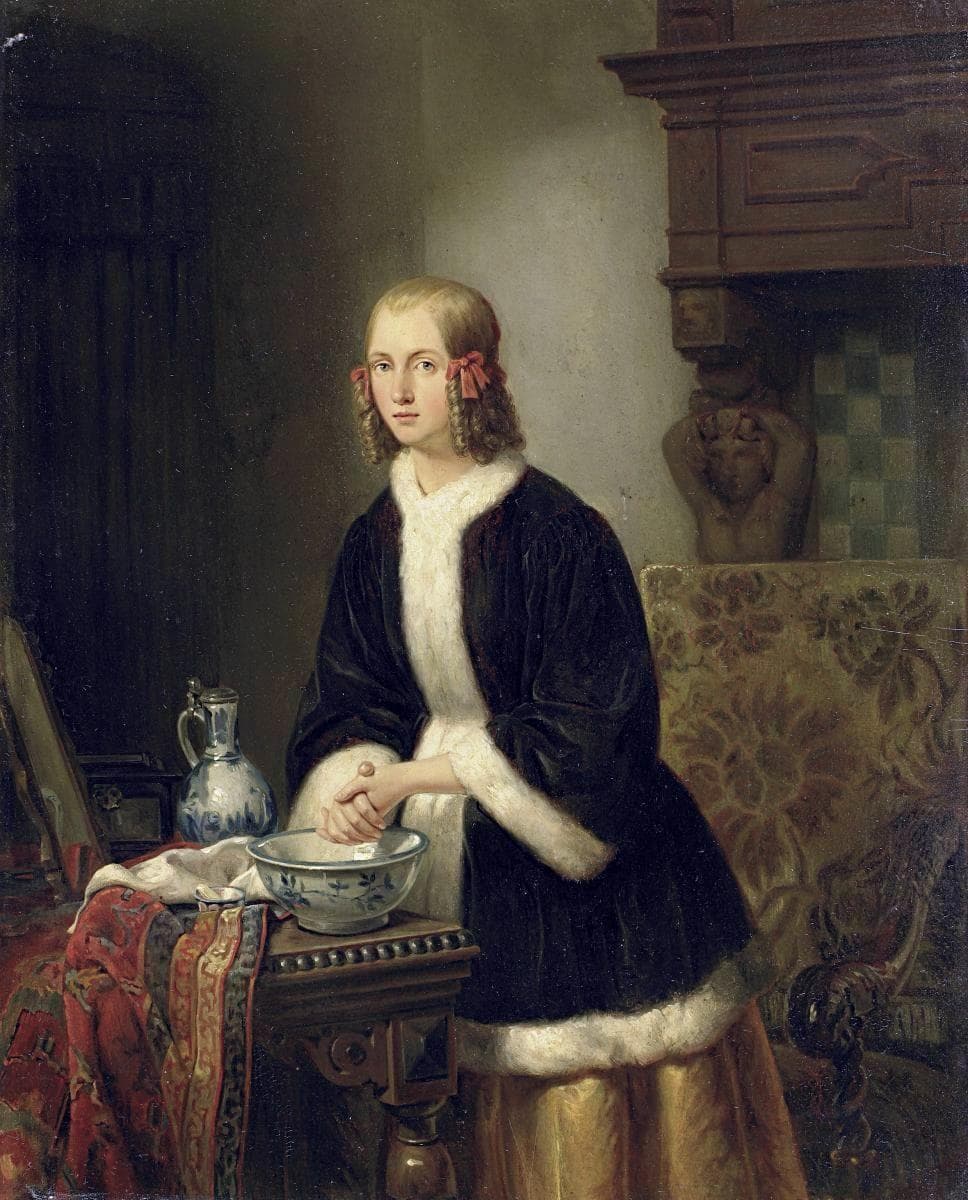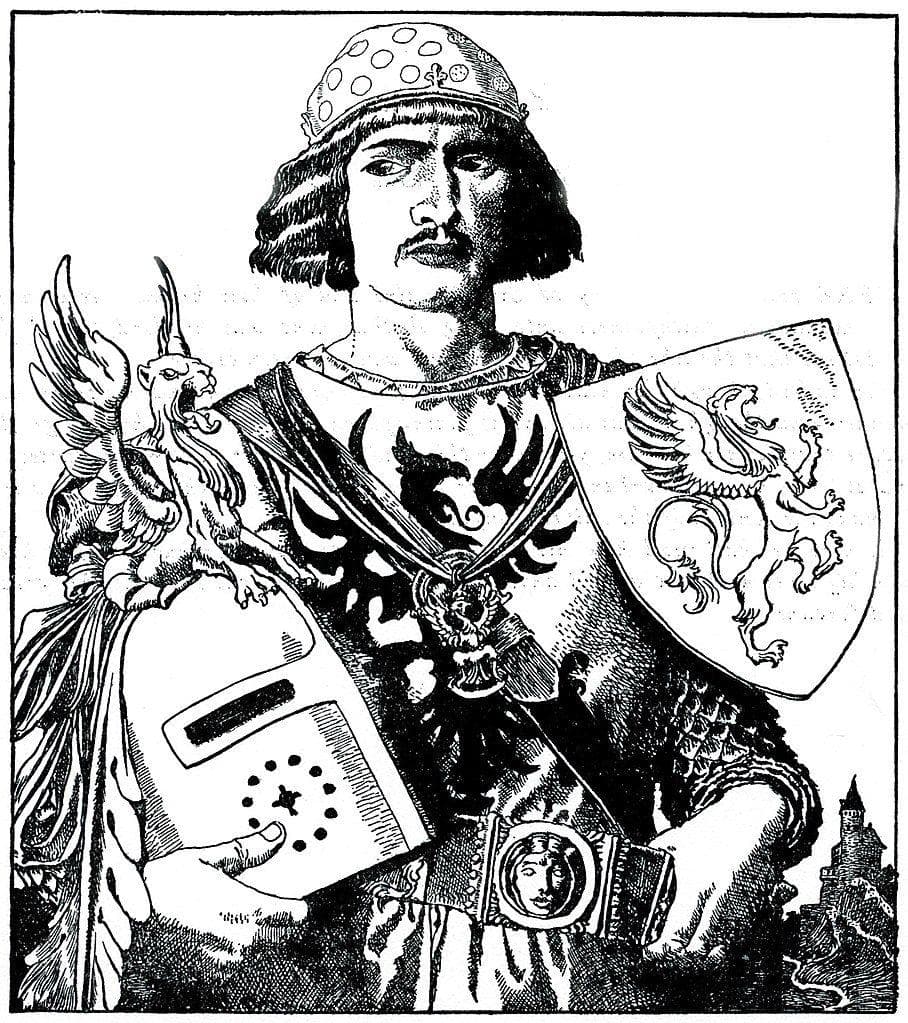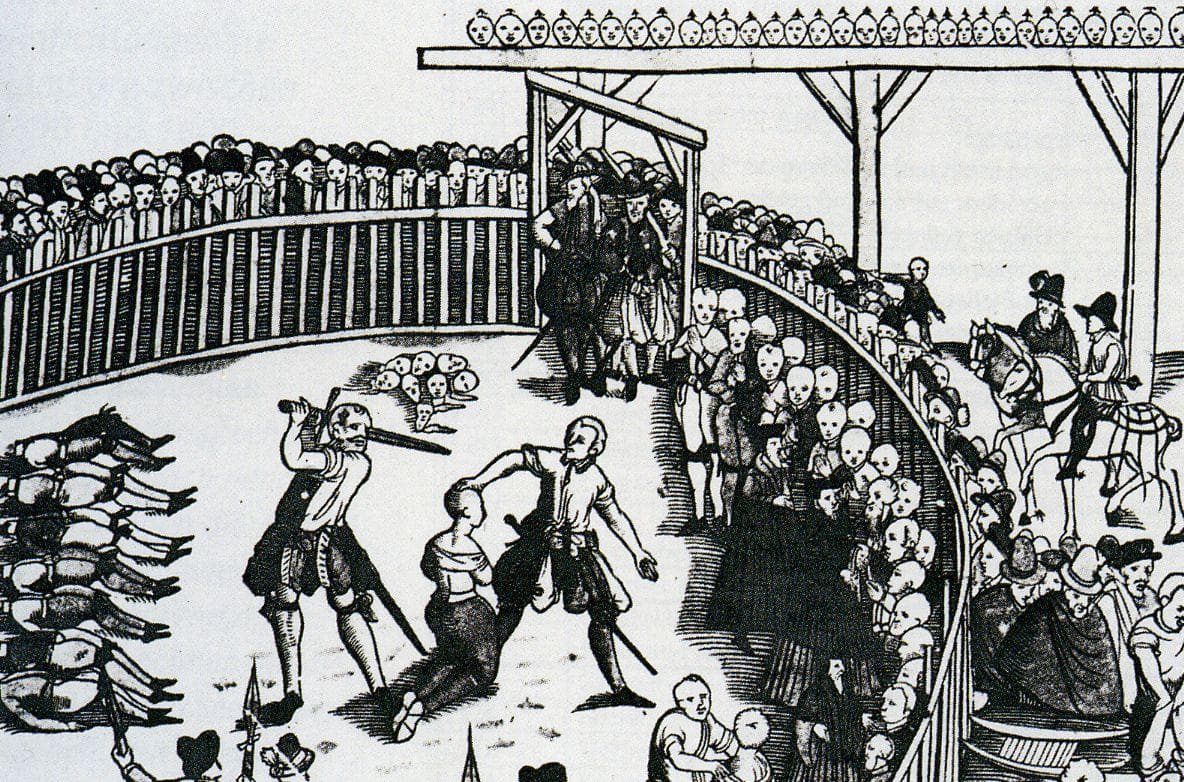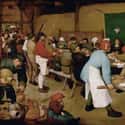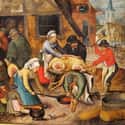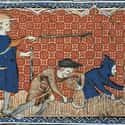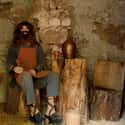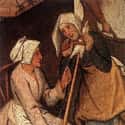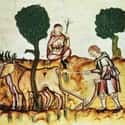-
(#12) People Ate With Their Hands And Ate Food Made With Contaminated Water
The diet of medieval peasants consisted mostly of what they could grow on their farms: beans, grains, vegetables, and onions. Depending on how closely a peasant lived to a cesspit or contaminated water source, the soil used to grow food and the water used to prepare meals could be tainted with human or animal waste. With no refrigeration, fresh vegetables were an impossibility in winter and the grains and root vegetables they stored could rot or become infested with vermin. Fungi could poison grains if people weren't careful, and people could suffer bouts of stomach distress, diarrhea, or other sicknesses due to spoiled food.
Meat was a luxury many peasants couldn't afford, but if they managed to earn enough to buy some - or slaughter one of their own animals - they had to dry the meat with salt; otherwise, it would decay. If the weather was poor and crops failed, many peasants simply starved. Because people rarely used cutlery at the time aside from knives, peasants ate with their hands. Although they washed their hands before and after every meal to maintain etiquette, dirt trapped under fingernails or a poor handwashing job could lead to contamination, as well.
-
(#10) Women Were In Charge Of Keeping The Home Clean
Peasant women in medieval times ran the household, in addition to preparing food, milking cows, tending to the garden, and fetching water. Daily or weekly duties may have included churning butter, baking bread, and milling grain. Expectations of the time also gave women the responsibility of keeping the home clean, as well as their husbands' clothing. They were expected to remove fleas from their bedroom and bed.
Etiquette and advice books suggested women use white sheets so bugs and parasites could be easily spotted. Some women placed alder leaves around the room to deter parasites from gathering. Because towns expected people to keep the areas outside their homes clean, women most likely picked up this task, as well.
-
(#1) Most Peasants Rarely Bathed - Others Never Did
While many upper-class people could bathe in tubs with hot water, and many of the middle-class folk made use of public baths, peasants had to make do with much less. Since there was no running water, and peasants had to haul water from wells or rivers to their homes by hand, bathing required a lot of labor. Many people had to bathe with a small amount of water, and it was often unheated.
Those who didn't have a suitable area in their homes bathed outdoors. Since many peasants performed manual labor all day, bathing helped remove dirt and stinky sweat - and it also helped them avoid lice and fleas. They didn't always use soap, but when they did, it often consisted of an alkaline solution, such as a mixture of salt and lime. Since bathing required so much work, some peasants decided not to wash themselves at all. These people were relatively rare, however; most peasants found time to bathe, even if it didn't happen frequently.
-
(#7) Peasants Slept On Straw That Attracted Fleas And Vermin
Many medieval peasants slept on beds made of straw, as they were relatively comfortable and provided insulation. Although peasants sometimes changed the straw inside their mattresses, many didn't change it frequently enough, and bugs and vermin attracted to the straw stuck around for long periods of time.
Peasants with these kinds of mattresses frequently suffered from bedbugs, fleas, lice, and rats infesting the straw. In order to combat this, people mixed scented flowers and herbs - such as mint, chamomile, and lavender - in with the straw. If they could afford it, peasants also had linen sheets and woolen blankets to cover themselves as they slept.
-
(#8) Women Used Rags, Moss, Or Twigs As Menstruation Pads
Although not much is known about the topic, historians believed women resorted to using a variety of items to collect blood during their periods. Many women probably used pieces of rags they tore up. Other theories suggest some women wrapped strips of cloth around a small twig and used it as a tampon, or possibly collected absorbant moss and used it as a pad. It's also very likely some women did nothing and simply bled on their clothing.
Religious authorities placed shame on menstruation, and many women felt they had to disguise it. They may have carried scented herbs or flowers with them to mask any smell. But considering medieval women didn't live long, and many peasant women lived hard lives involving heavy labor and little sustenance, it's entirely possible that women had fewer periods during their short lives than women do in modern times.
-
(#9) Peasants Used Twigs To Clean Their Teeth
In the absence of toothbrushes, peasants used twigs to clean their teeth. They especially enjoyed using small branches from hazel trees. Some people also rubbed a piece of wool over their teeth and rinsed their mouth with water. Those who could afford it mixed things like salt and sage together to form a paste to freshen breath and whiten teeth.
Because their diet included virtually no sugar due to their limited finances, peasants didn't suffer from many cavities. The stone-ground bread they ate, however, caused their teeth to wear down. If a peasant's dental hygiene wasn't enough and they developed a problem with a tooth, they would have to have it removed. Instead of a dentist, barbers performed most dental work; since there was no anesthesia available, patients resorted to getting drunk before having their teeth worked on.
New Random Displays Display All By Ranking
About This Tool
Many theories said that people in the Middle Ages did not like to take a bath, and even took pride in not taking a bath, the garbage and excrement were dumped casually, and the whole city was full of unpleasant smells. In fact, most wealthy families in the
Middle Ages had the habit of washing their hands before meals, and the excrement of peasants was generally only used to increase the fertility of the land.
Europeans in the Middle Ages have begun to pay attention to personal hygiene habits, and some countries already have developed public water supply and cleaning systems. The random tool described 15 details about the hygiene of Medieval peasants.
Our data comes from Ranker, If you want to participate in the ranking of items displayed on this page, please click here.



